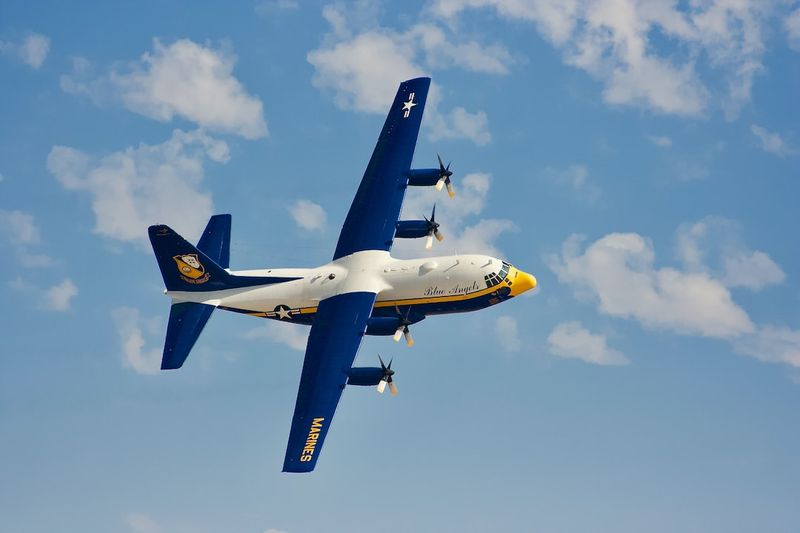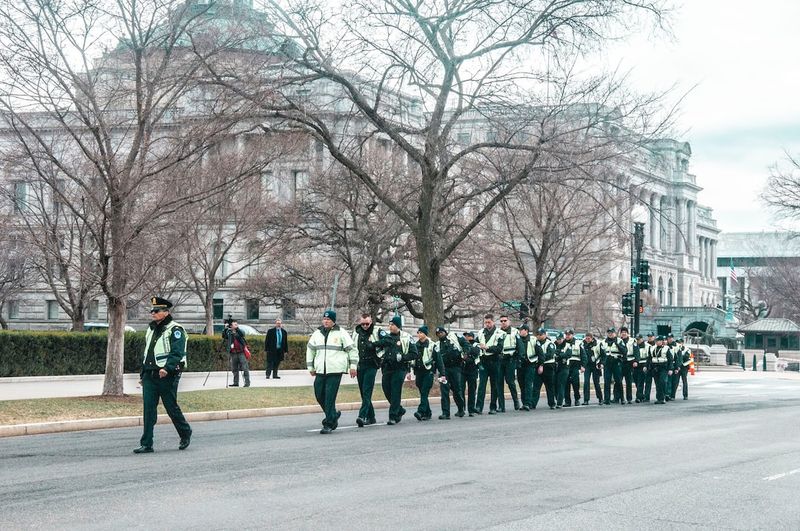*Published 9 hours ago*
The head of Russia’s Wagner mercenary group, Yevgeny Prigozhin, has made a bold assertion, vowing to “go all the way” to topple Russia’s military leadership. This declaration comes shortly after the Kremlin accused Prigozhin of “armed rebellion”. Prigozhin claims that his Wagner fighters have entered the city of Rostov-on-Don in Russia after crossing the border from Ukraine. He further stated that his forces shot down a Russian military helicopter that had opened fire on a civilian convoy, though this claim is yet to be verified.
The Wagner Group, a private army of mercenaries, has long been fighting alongside the regular Russian army in Ukraine. However, tensions between the two have been mounting due to disagreements over the conduct of the war. Prigozhin has been publicly criticizing Russia’s military leadership in recent months, culminating in his accusation that the military launched a deadly missile strike on his troops. He has vowed to punish those responsible, despite failing to provide evidence.
**Philosophical Discussion**
The situation at hand raises important questions about the relationship between private combat groups and state-controlled military forces. The Wagner Group, which operates independently of the Russian government, has been engaged in what can be seen as a proxy war with the regular Russian army in Ukraine. This raises concerns about accountability and the chain of command. How can a nation effectively maintain control over its military operations when private actors are involved? What are the ethical implications of entrusting military duties to mercenary groups?
Additionally, the emergence of a rebel faction within the Wagner Group, led by Prigozhin, calls attention to the potential fractures within the organization itself. The clash between Prigozhin and the military leadership in Russia suggests that there are differing goals and ideologies at play. This raises questions about the loyalty and coherence of private combat groups, as well as their potential to challenge established power structures.
**Editorial**
The developments surrounding the Wagner Group and its clashes with the Russian military reveal a troubling situation within the country’s security apparatus. The presence and influence of private mercenary groups like Wagner raise concerns about the transparency, accountability, and effectiveness of Russia’s military operations. The ability of such groups to act independently and even challenge the state’s military leadership poses significant risks to national security and undermines the principles of democratic governance.
It also highlights the need for robust oversight and regulation of private military actors. Governments must take steps to strengthen legal frameworks to prevent the proliferation of private military groups and ensure that they operate within the bounds of international law. Additionally, measures should be put in place to enhance the coordination and cooperation between state-controlled military forces and any private military entities they work alongside.
Furthermore, the case of Prigozhin and his rebellion against the Russian military leadership demonstrates the potential dangers of empowering individuals with significant military capabilities outside the state’s control. It is imperative for countries to carefully evaluate and regulate the involvement of mercenary groups in conflicts to prevent such power struggles and ensure that the state maintains full control over its military actions.
**Advice**
Given the complex nature of the situation, it is crucial for all parties involved to prioritize diplomacy and de-escalation. Any internal power struggles within the Wagner Group or clashes with the Russian military should be addressed through peaceful and legal means. Dialogue and negotiations should be the focus to prevent further deterioration of the security situation and potential harm to civilians.
International actors, including the United States and its allies, must closely monitor the situation and offer support to facilitate a peaceful resolution. Engaging in dialogue with all relevant parties, including the Russian government and the Wagner Group leadership, can help de-escalate tensions and work towards a solution that respects the sovereignty and security of all parties involved.
It is also essential for the Russian government to conduct a thorough investigation into the allegations made by Prigozhin and address any legitimate grievances regarding military operations in Ukraine. If their claims are baseless, then the government should clearly communicate this to the public and take appropriate legal action against those spreading false information.
Ultimately, this situation serves as a reminder of the need to strengthen international norms and regulations regarding private military actors. Robust oversight and accountability mechanisms should be established to prevent the potential abuse of power and ensure that military operations are conducted in a responsible and transparent manner.

<< photo by charlesdeluvio >>
The image is for illustrative purposes only and does not depict the actual situation.
You might want to read !
- Foo Fighters’ Unexpected Comeback Rocks Glastonbury
- When Dingoes Attack: A Shocking Encounter on an Australian Beach
- Russian Chaos: The Investigation into Wagner Chief Yevgeny Prigozhin Revealed
- The Anatomy of a Submarine Implosion: Understanding the Cause and Consequences
- In the depths of Titan’s ocean, brave explorers find their final frontier
- Unraveling the Tragedy: A Deep Dive into the Titan Submersible Disaster and Search Mission
- “How the Transition from BT Sport to TNT Sports is Shaping Up in Picture Quality?”
- Chris Martin takes the train to Coldplay Cardiff concert




